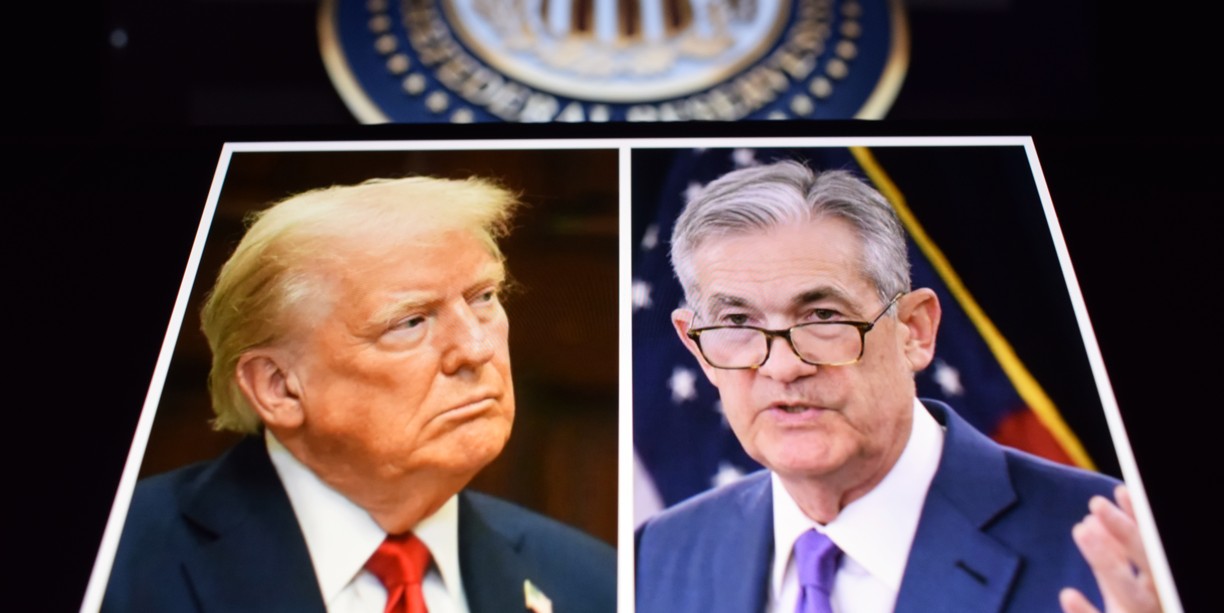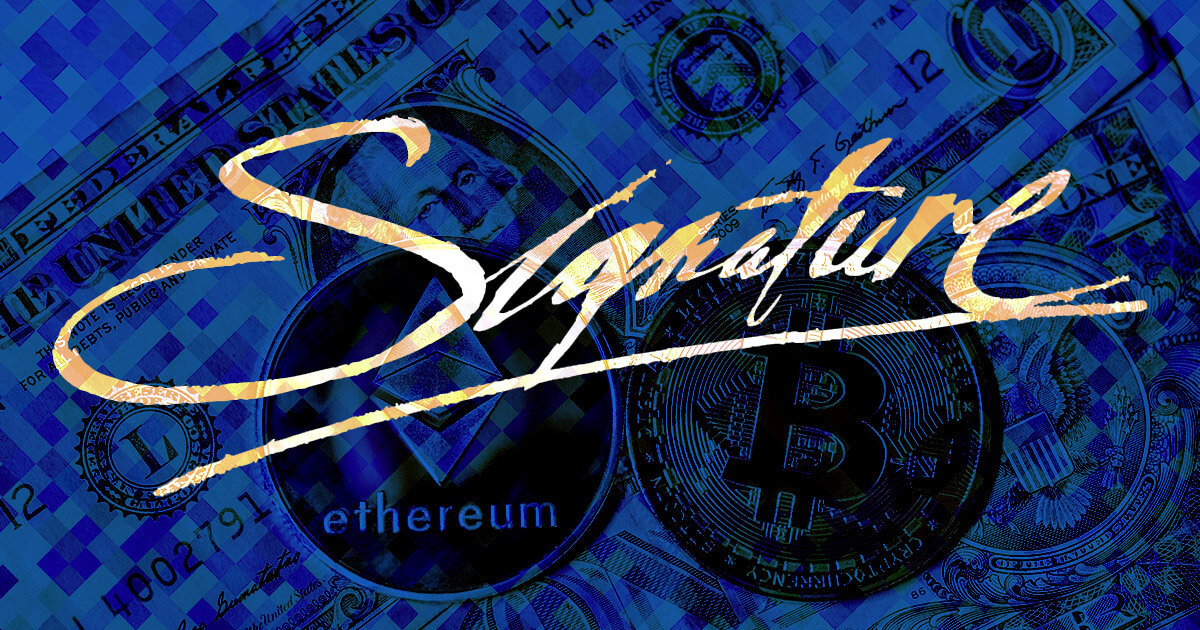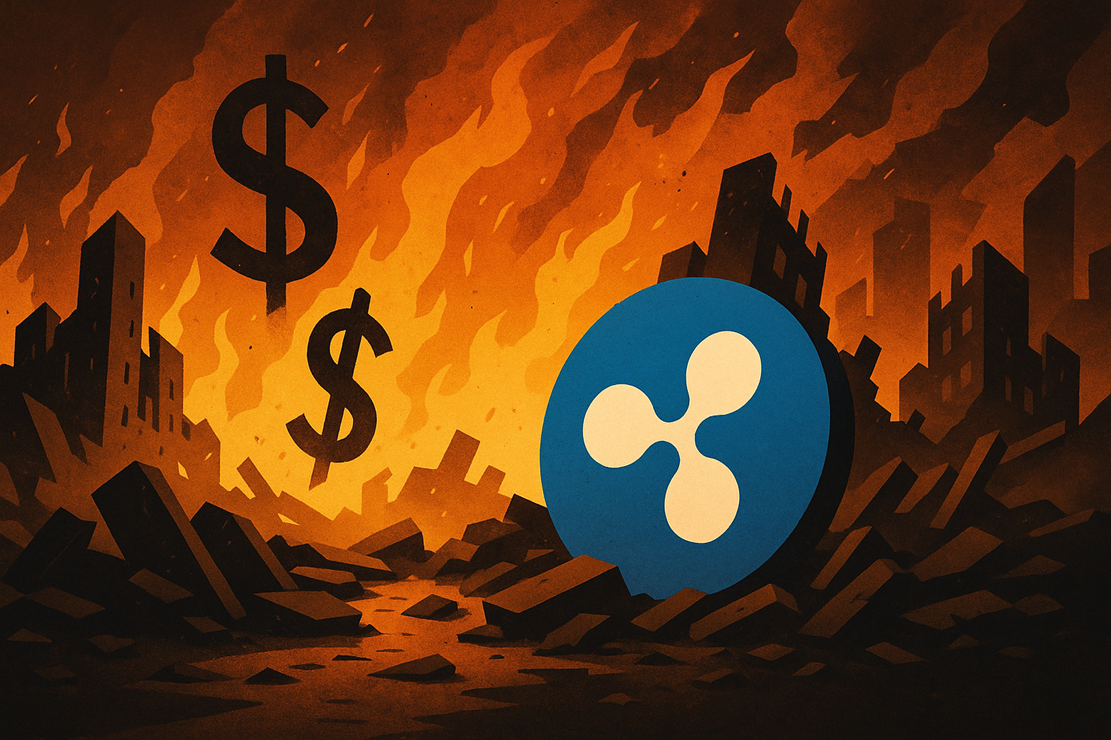To quell inflation, goes the adage, central bankers must tighten monetary policy until something breaks. For much of the past year this cliché has been easy to dismiss. Starting in March 2022, America’s Federal Reserve has raised rates at the fastest clip since the 1980s. Even as markets plunged, the world’s financial system stayed wreckage-free. When British pension funds wobbled in September, the Bank of England swiftly helped right them. The most notable collapse—that of ftx, a disgraced former crypto exchange—was well outside the mainstream and, regulators say, caused by fraud rather than the Fed.
Now something has broken. The failure of Silicon Valley Bank (svb), a mid-tier American lender that went bust on March 10th, has sent shockwaves through financial markets. Most noticeable are convulsions in the stocks of other banks, which investors worried may have similar vulnerabilities. nasdaq’s index of bank shares dropped by a quarter in the course of a week, erasing all its gains over the preceding 25 years. Shares in regional lenders were bludgeoned much harder. As this article was published, a rebound had begun. Financial markets have nevertheless entered a new phase: in which the Fed’s tightening cycle starts to bite.
One feature of this phase is that markets are suddenly working with the Fed rather than against it. For more than a year, the central bank’s officials have been repeating the same message: that inflation is proving more stubborn than anticipated, meaning interest rates will need to rise higher than previously expected. This message was reinforced by data released on March 14th showing that underlying consumer prices had once again risen faster than expected.
Policymakers want to tighten financial conditions—such as lending standards, interest costs or money-market liquidity—reducing aggregate demand and thereby cooling price rises. Since October, markets have been pulling in the other direction. A gauge of financial conditions compiled by Bloomberg, a data provider, has shown them steadily loosening. Over the past week, all this loosening has been reversed, even accounting for the rebound in bank stocks. svb’s collapse has shocked markets into doing the Fed’s job.
That does not mean investors have given up fighting the Fed. They are still betting it will soon start cutting rates, even though officials have given no such indication. The battleground, though, has moved. Earlier this year, expectations of rate cuts sprang from hopes inflation would fall faster than the Fed expected. Now they reflect fear. On March 13th the two-year Treasury yield fell by 0.61 percentage points, the biggest one-day drop in more than 40 years. Given that some banks have failed, investors are betting that the Fed will cut rates not because the inflation monster is tamed, but in order to avoid breaking anything else.
Taken in conjunction with the reaction in other markets, this suggests a degree of cognitive dissonance. After an initial dive, broader stockmarket indices recovered strongly. The s&p 500 index of large American firms is level with its position at the start of the year. The dollar, which tends to strengthen in crises as investors flock to safety, weakened a little. On the one hand, investors think the Fed should fear the failure of other institutions enough to start cutting rates. On the other, they do not themselves fear the fallout of such a failure enough to reflect it in asset prices.
Lying behind this contradiction is supposed tension between the Fed’s inflation target and its duty to protect financial stability. The failure of svb, which was rooted in losses from fixed-rate bonds (the value of which fell as rates rose), looks like evidence for this. Since even the fight against inflation pales in importance next to the stability of the banking system, goes the argument, the Fed cannot afford to raise rates any higher. This lowers the risk of recession, gives a boost to stocks and reduces the need for haven assets like the dollar.
Do not be so sure. Following svb’s collapse, the Fed has promised to backstop other banks. Its support—lending against securities worth as little as two-thirds of the loan value—should prevent any remotely solvent institution from going under wherever interest rates end up. Alongside this generosity lies an uncomfortable truth. To squeeze inflation out of the economy, the Fed needs to make lenders nervous, loans expensive and businesses risk-averse. Allowing reckless banks such as svb to fail is not a tragic accident. It is part of the Fed’s job. ■














